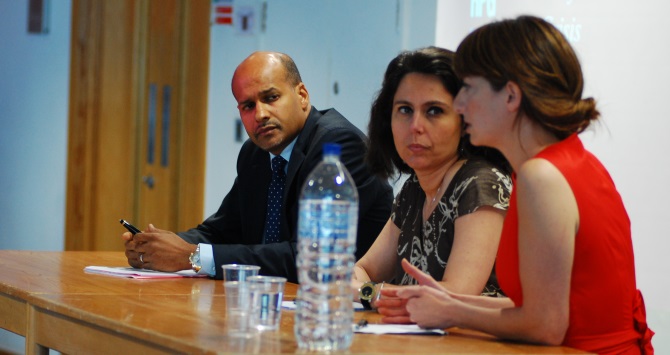
As conflicts and crises continue to stretch the humanitarian system, there is a growing need for critical thinking and reflection.
As a result, in early July, the International Development department co-hosted, with the Overseas Development Institute’s Humanitarian Policy Group, a ‘Senior-level Course on Conflict and Humanitarian Response’.
The course provided an opportunity for 40 mid-career and senior professionals to learn and reflect on critical issues in preparing for, responding to, and transitioning out of, humanitarian crises.
The course featured lectures by distinguished academics and practitioners, with opportunities for small group discussions and exercises. The LSE speakers included ID’s Head of Department, Professor Tim Allen; Mary Kaldor, Professor of Global Governance; David Keen, Professor of Complex Emergencies; and Dr Stuart Gordon, Programme Director for the MSc International Development and Humanitarian Emergencies.
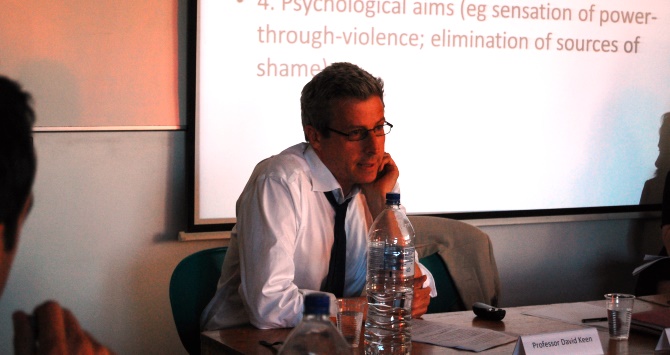
ODI speakers included Dr Kevin Watkins, ODI’s Executive Director and Visiting Professor at LSE, and Sara Pantulianio, the Director of ODI’s Humanitarian Policy Group, and former head of the UNDP Sudan’s Peace Building Unit.
External speakers included well-known figures such as Sir John Holmes, Former UN Under-Secretary-General for Humanitarian Affairs and Emergency Relief Coordinator; Francesc Vendrell, Former Head of the UN Special Mission to Afghanistan and Special Representative of the EU for Afghanistan; and Dr Martin Barber, a retired senior UN official who had previously served as Director of the United Nations Mine Action Service and Chief of Policy Development and Advocacy in the UN Office for Coordination of Humanitarian Affairs.
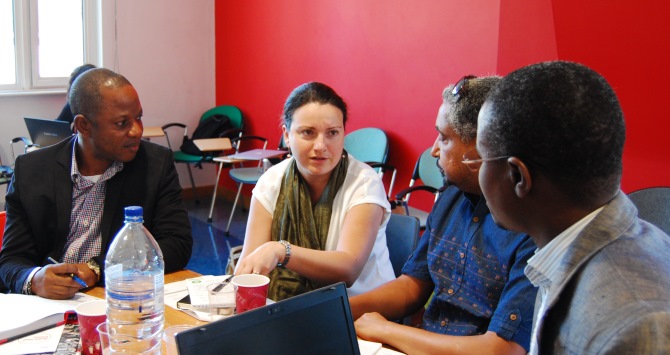
The course was designed to foster peer-to-peer learning amongst the participants who were largely mid-career NGO and UN staff as well as several postgrad students from the LSE’s ID department. Participants critically reflected on:
- The changing humanitarian landscape and its implications for policy and practice.
- Implications of current challenges for leadership in humanitarian action.
- How the nature of conflicts and state fragility affects preparing for, responding to and transitioning out of humanitarian crises.
- Political transition, the role of justice and security and stabilisation approaches to complex crises.
Dr Stuart Gordon is Assistant Professor in International Development and Programme Director of the MSc in International Development & Humanitarian Emergencies.
Learn more about our other courses
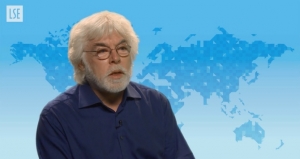 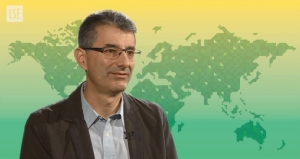 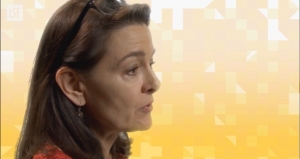 |




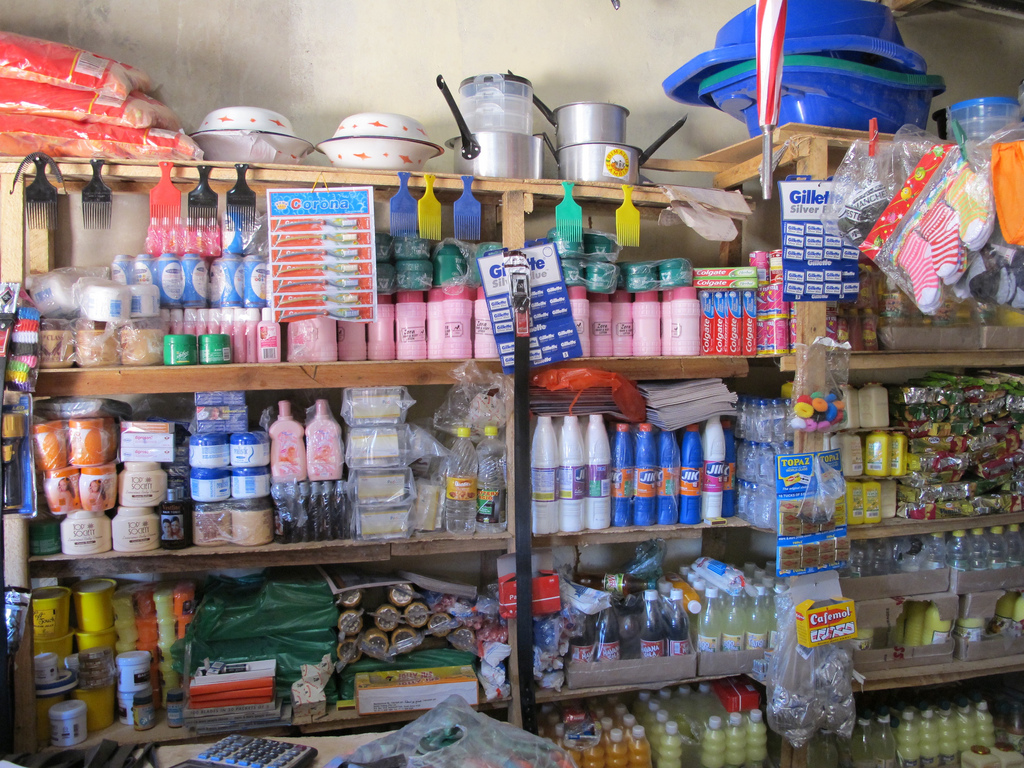

Dear sirs,
I am interested in the LSE development studies and opportumities for financial aid.
Kind regards.
Dear Kifletsion,
A good place to start would be the Development Studies course page. Here, you will find a video introduction to the course and a tab called ‘Funding’, which includes details of the various award schemes that are available.
Will this summer course be available next year? I am really interested in attending
I was supposed to be on “Where theory meets practice: Conflict and Humanitarian Response – June 2016” But due to an accident, I had to cancel my course. Is it going to be happening in 2019?